Best Fields To Start Your Own Business
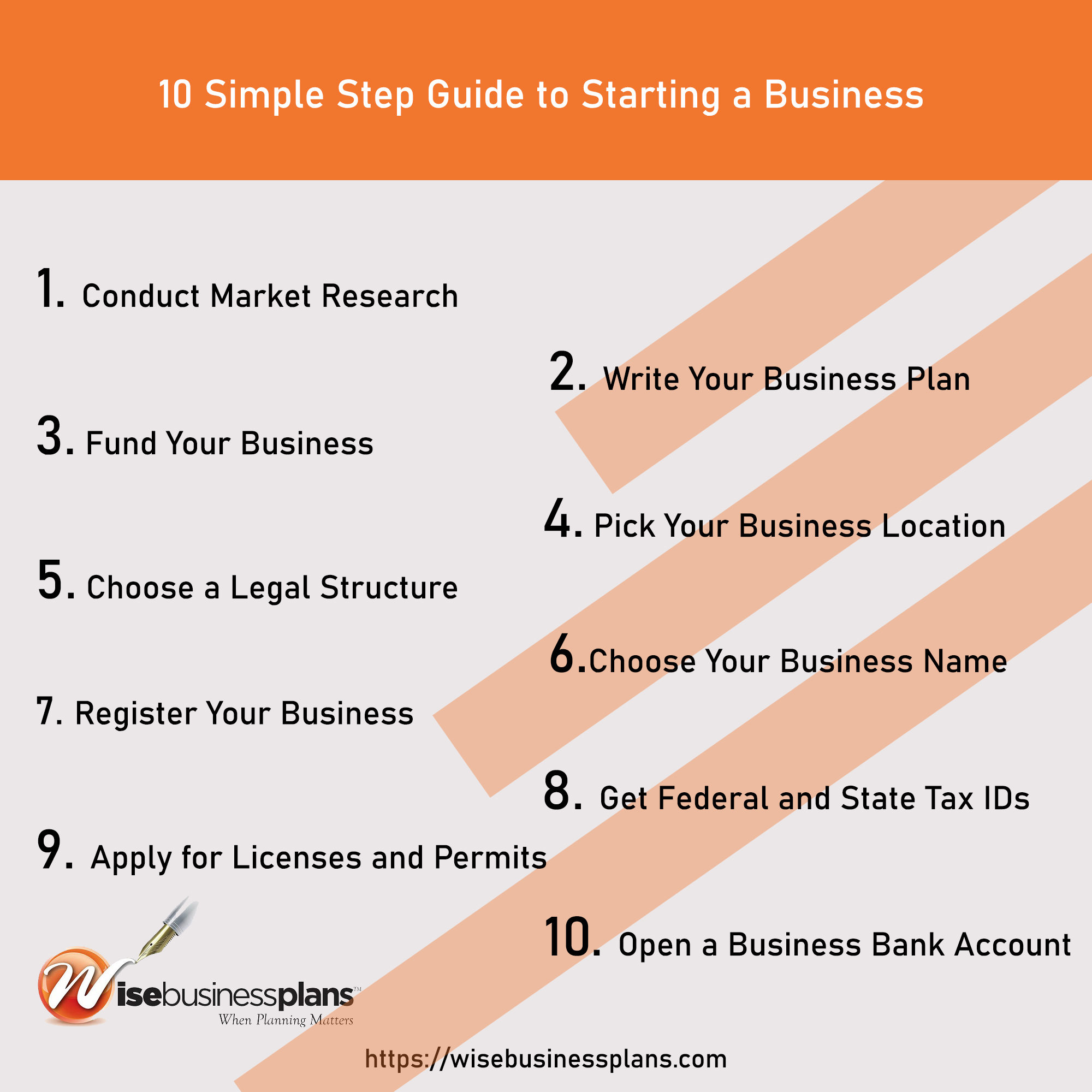
So, you're ready to take the plunge and become your own boss? That's fantastic! But with so many options out there, deciding where to focus your entrepreneurial energy can feel overwhelming. This guide is designed for first-time business owners like you, providing an investigative yet approachable look at some of the best fields to launch your own venture.
We'll explore thriving industries and emerging markets, equipping you with the knowledge to make an informed decision. Forget the get-rich-quick schemes; we're talking sustainable, profitable opportunities that align with your skills and passions.
Why Choosing the Right Field Matters
Think of your business field as the foundation of your house. A shaky foundation leads to cracks down the road. Selecting a growing or underserved market significantly increases your chances of success and reduces the risk of early failure.
Choosing the wrong field, on the other hand, can mean facing intense competition, dwindling demand, and ultimately, a closed business. You want to build a lasting enterprise, and that starts with a solid base.
Top 5 Fields for New Entrepreneurs: A Comparison
| Field | Entry Barrier (Scale of 1-5, 1=Low) | Growth Potential (Scale of 1-5, 1=Low) | Initial Investment (Estimate) | Key Skills Needed | Pros |
|---|---|---|---|---|---|
| E-commerce (Niche Products) | 2 | 4 | $1,000 - $10,000 | Marketing, Web Management, Customer Service | Low overhead, global reach, scalability |
| Digital Marketing Services | 3 | 5 | $500 - $5,000 | SEO, Content Creation, Social Media Marketing | High demand, location independent, recurring revenue |
| Home Services (Specialized) | 3 | 4 | $2,000 - $15,000 | Technical skills, Customer service, Operations management | Essential services, repeat business, local market |
| Online Education/Coaching | 2 | 4 | $100 - $2,000 | Subject matter expertise, communication skills, online platform knowledge | Low startup costs, flexibility, scalable reach |
| Sustainable Products/Services | 3 | 5 | $3,000 - $20,000 | Passion for sustainability, product knowledge, marketing | Growing market, positive impact, brand loyalty |
Detailed Reviews of Each Field
E-commerce (Niche Products)
Forget trying to compete with Amazon directly. The real opportunity in e-commerce lies in identifying and serving niche markets. Think specialized pet supplies, handmade crafts, or unique apparel.
Starting an e-commerce business allows you to reach a global audience from your laptop. Platforms like Shopify and Etsy make it easier than ever to set up shop, but success hinges on effective marketing and branding.
Digital Marketing Services
Every business needs a strong online presence, and that's where digital marketers come in. From SEO and content creation to social media management and email marketing, the demand for skilled digital marketers is booming.
This field requires constant learning and adaptation to stay ahead of the curve. However, with relatively low startup costs and the potential for high earning, it's a great option for those with a knack for online strategies.
Home Services (Specialized)
While general handyman services are competitive, specializing in a particular area can set you apart. Consider focusing on services like smart home installation, eco-friendly cleaning, or specialized repair services.
This field requires a higher initial investment for tools and equipment. Strong technical skills and a dedication to customer service are crucial for building a reputable business.
Online Education/Coaching
Share your expertise with the world through online courses, coaching programs, or workshops. Platforms like Teachable and Thinkific make it easy to create and sell your knowledge online.
This field is ideal for those passionate about teaching and helping others. Building a strong online presence and marketing your courses effectively are key to attracting students.
Sustainable Products/Services
Consumers are increasingly conscious of their environmental impact, creating a growing demand for sustainable products and services. This could include eco-friendly cleaning supplies, upcycled clothing, or renewable energy solutions.
Starting a sustainable business requires a commitment to ethical sourcing and environmentally responsible practices. Authenticity and transparency are essential for building trust with customers.
"Used vs New" Breakdown (Relevant for Home Services and Sustainable Products)
Used Equipment (Home Services):
- Pros: Lower initial cost, reduces waste.
- Cons: Potential for repairs, shorter lifespan, limited warranty.
New Equipment (Home Services):
- Pros: Reliable performance, longer lifespan, manufacturer warranty.
- Cons: Higher initial cost, depreciation.
Used Materials/Components (Sustainable Products - Upcycling):
- Pros: Reduces waste, unique aesthetic, lower material costs.
- Cons: Sourcing challenges, inconsistent quality, potential for limitations in design.
New Sustainable Materials (Sustainable Products):
- Pros: Consistent quality, easier to source, aligns with brand values.
- Cons: Higher material costs, sourcing ethical and sustainable options can be time-consuming.
Reliability Ratings by "Brand" (Example for Digital Marketing - Software Tools)
(Note: In this context, "Brand" refers to popular software or platforms used in Digital Marketing.)
- SEO Tools (e.g., Ahrefs, Semrush): Generally high reliability, but require consistent updates and can be complex to use.
- Social Media Management (e.g., Hootsuite, Buffer): Reliable for scheduling and basic analytics; some users report occasional glitches.
- Email Marketing (e.g., Mailchimp, ConvertKit): Mostly reliable for sending emails; deliverability can fluctuate based on email list quality.
Checklist: 5 Must-Check Features Before Buying (Applies to Any Field)
- Market Demand: Is there a real need for your product or service?
- Profitability: Can you realistically make a profit after covering all expenses?
- Scalability: Can you grow your business without significant limitations?
- Personal Interest: Are you passionate about this field?
- Risk Tolerance: Are you comfortable with the potential risks and challenges?
Key Takeaways
Choosing the right field for your business is a critical decision that requires careful research and self-reflection. We’ve explored e-commerce, digital marketing, home services, online education, and sustainable products – each offering unique opportunities and challenges.
Remember to consider market demand, profitability, scalability, your personal interests, and your risk tolerance. Before making a decision, thoroughly evaluate the information and ensure the chosen field aligns with your skills and aspirations.
By carefully assessing these factors, you can increase your chances of success and build a thriving business.
Ready to Launch?
Now that you've explored these potential avenues, it's time to dive deeper! Research your local market, network with professionals in your chosen field, and develop a solid business plan. Don't be afraid to take the leap, but do so with knowledge and preparation on your side. What are you waiting for? Start exploring these exciting opportunities today!

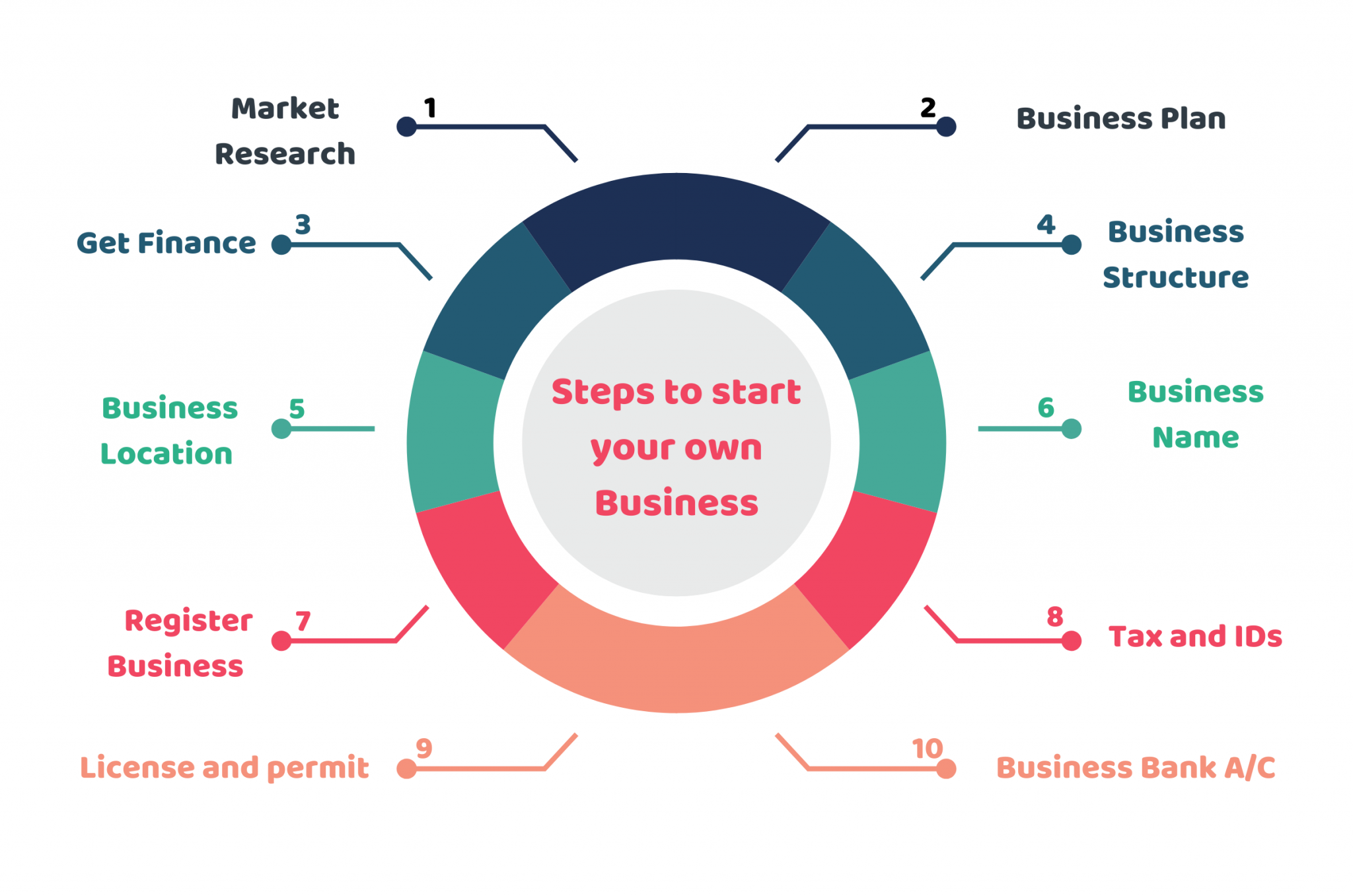


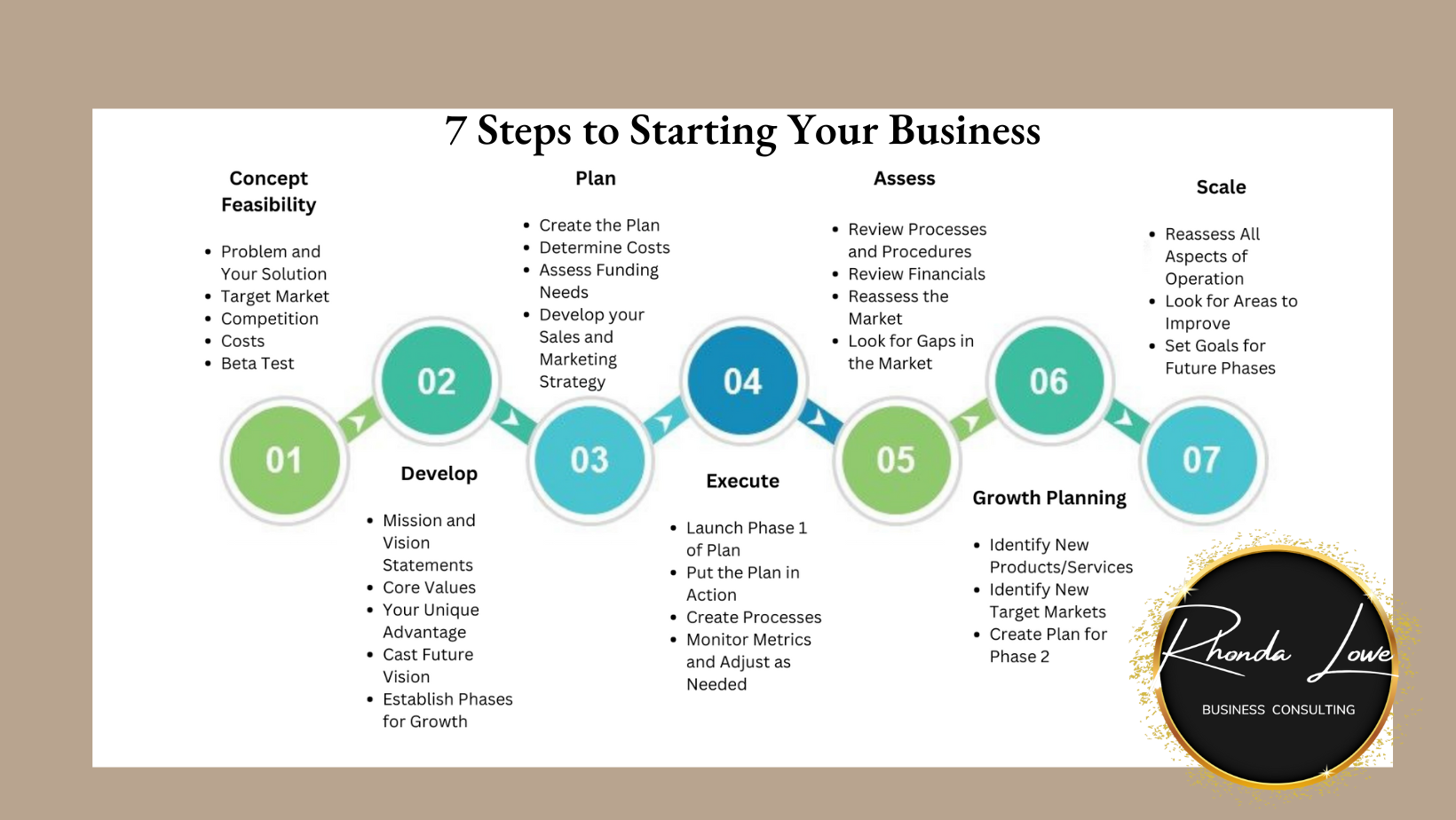

/starting-own-business-1200678-Final-edit-050e3ef116174733a310b081c943fb37.jpg)

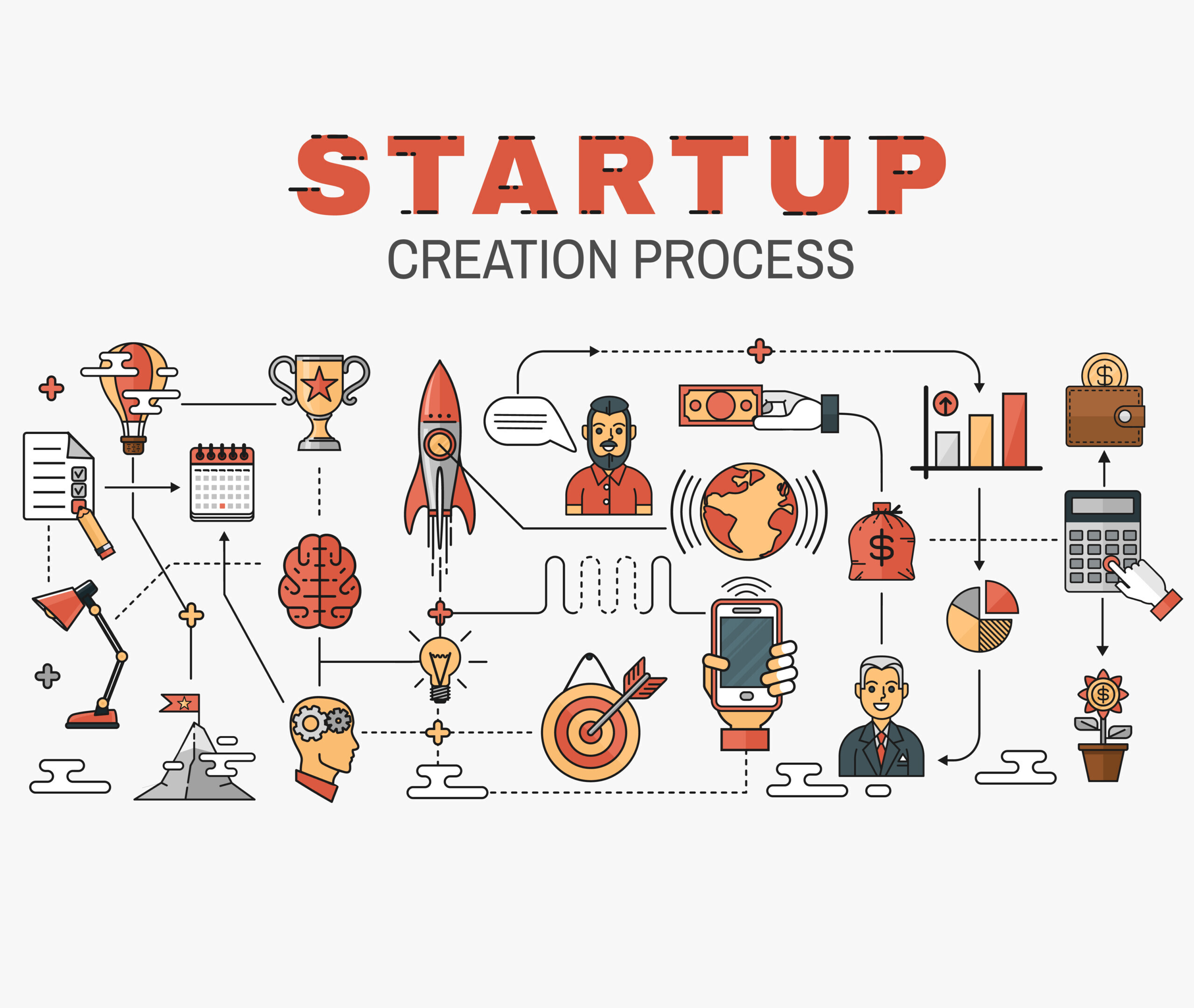
![Best Fields To Start Your Own Business How to Start a Small Business in 13 Steps [2024 Guide] - Step By Step](https://stepbystepbusiness.com/wp-content/uploads/2022/01/How-to-Start-a-Business_Challenges-1.jpg)


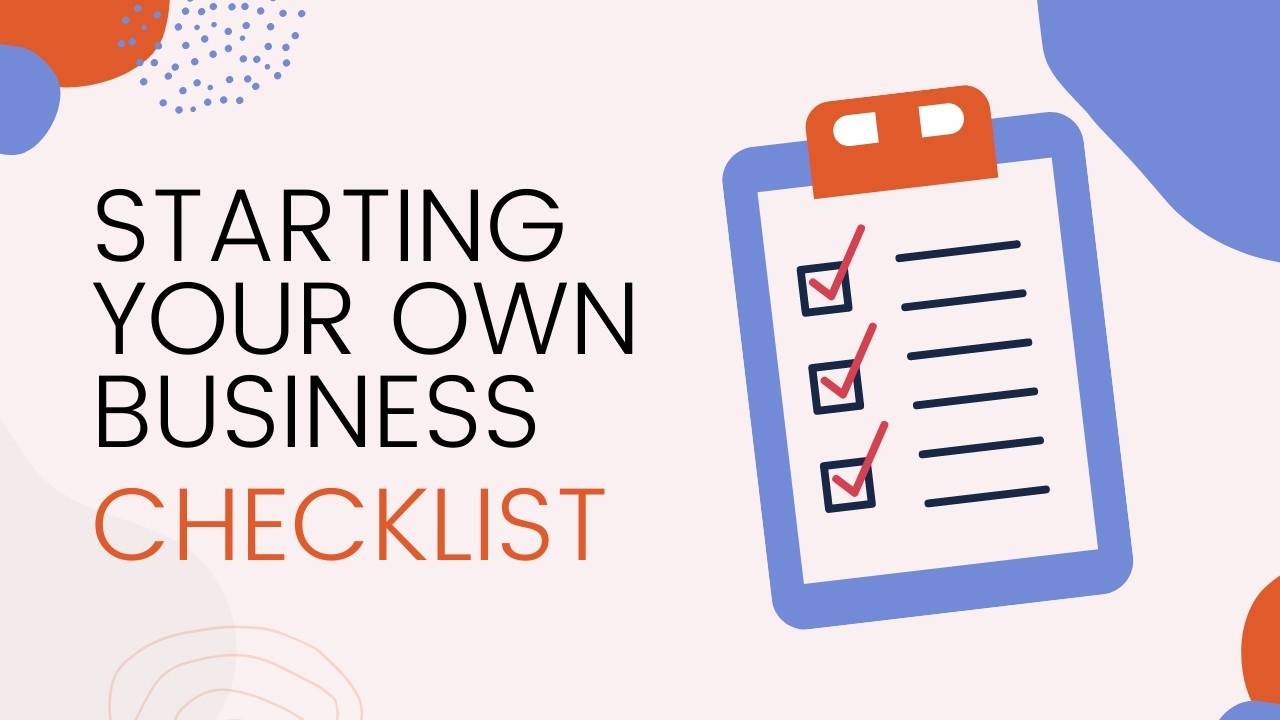
![Best Fields To Start Your Own Business How to Start a Business: A Startup Guide for Entrepreneurs [Template]](https://blog.hubspot.com/hs-fs/hubfs/tips-for-starting-a-business.png?width=1125&name=tips-for-starting-a-business.png)

![Best Fields To Start Your Own Business 10 Tips for Starting your Own Business [ Must Watch ] - YouTube](https://i.ytimg.com/vi/wxyGeUkPYFM/maxresdefault.jpg)


